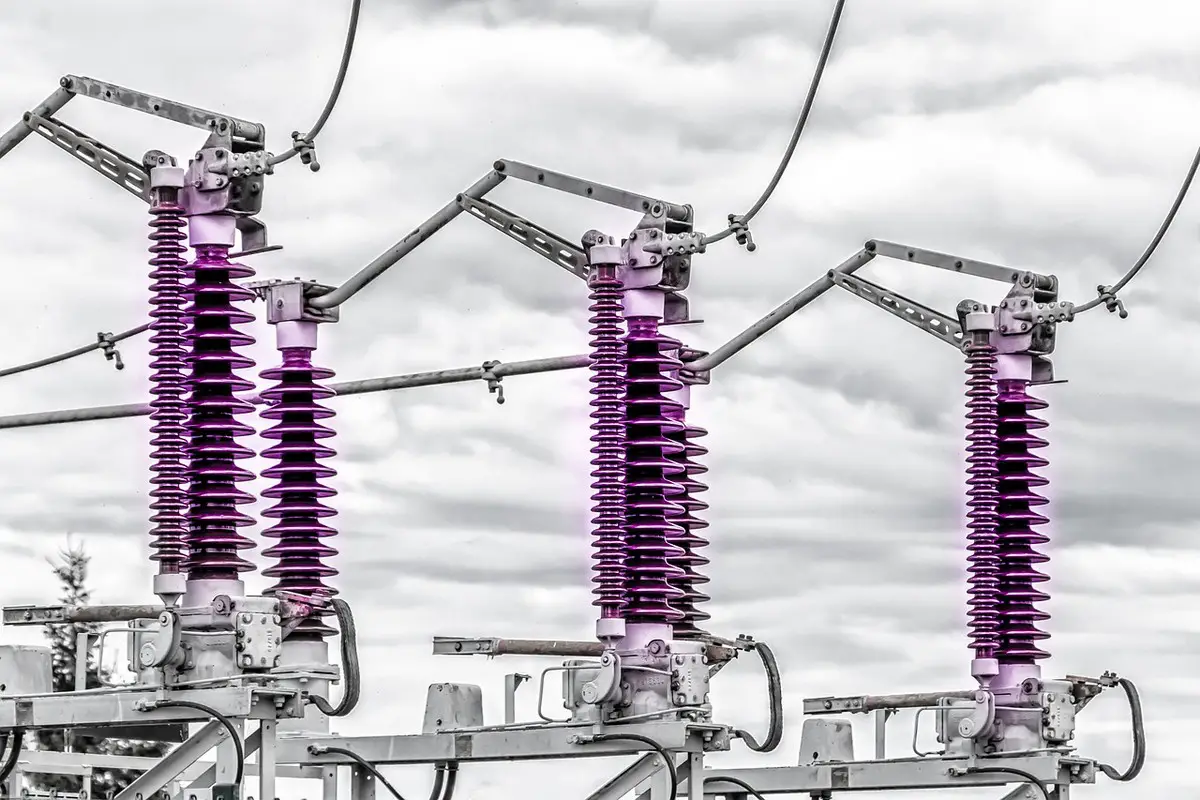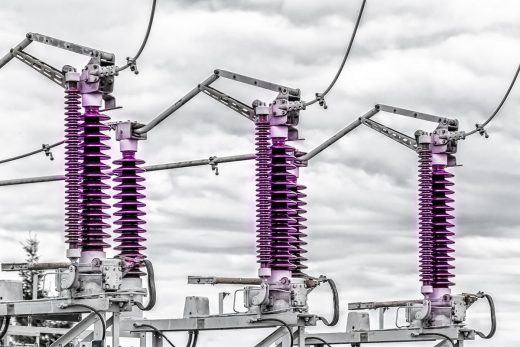Trusted Installing a Standby Generator Advice, House Power Tips, Property Guide
Installing a Standby Generator
18 Feb 2020
Top 9 Considerations When Installing a Standby Generator
In the present technologically growing world, the use of electricity is ever on increase.
From the everyday light home appliances to heavy machineries for mining, there is no alternative to using electricity. Along with the continuous power supply provided by the local governments, power interruptions in a number of forms (like blackout and brownout) and due to various reasons (like powerful storms and load shedding by the local authorities) are equally known and accepted around the world.
The power outage interrupts the maintenance of room temperature by AC or heater, preservation of food in the fridges, and so on.
And here comes the question and need of an emergency backup system like standby generators. There are other solutions as well, such as IPS, but they are not as useful for large scale power backups.
Standby Generator Installation
Today’s generators have some excellent features that make them essential rather than just an optional choice.
- a) You can use mobile-link technology to check on your generator even when you are away.
- b) Most standby generators are self-powered. They come to life the moment there is an outage and shut down when the main power supply is restored.
- c) You can choose generators that run on the fuel you decide, i.e., gasoline, diesel, LP gas, or natural gas.
- d) Some modern generators can be remote controlled.
- e) Power levels can be selected according to the exact consumption of electricity of your home or industry.
Generators come in a wide variety of size, brand, and type. You can go and get anyone at anytime, but that is not going to serve your needs properly.
Here are seven points to consider before and after you decide to install a standby generator.
Before Installation
Obviously you need to plan carefully to have it without any unwanted problems. You might like to visit here for some neat points to think about. And from us these are some suggestions for your successful planning:
- Consult a Technician
Whether it is for your home or for a supermarket that you’re in charge, you can’t decide what size or type of generator is suitable for you. That’s the job of a technician.
He will conduct a survey and calculate the exact voltage and total electricity per hour your home or company needs. Upon that calculation, he could suggest the best one for you. With his help and experience, you have got the following considerations:
- The Capacity
This is the number of watts the generator should produce. Technically, it is the rate at which electromagnetic energy is radiated, absorbed, or dissipated.
A few light bulbs, some two or three fans, and a freezer would require the capacity of 5-10 kW range. This is a general and rough idea. The more electric devices you want to take under the charge of your generator, the bigger capacity you will need.
- The Fuel
The first thing about fuel you need to know is that you don’t only have to fill the fuel tank of your generator full but have some more fuel supply ready at home for an extended period of outage.
Natural disasters might cause much longer disruption of power than you expect.
Generally you can use diesel, gasoline, LP gas, and natural gas.
- a) Diesel: This is the most commonly used fuel for generators. It is less volatile than gasoline and produces better energy. Besides, it’s more available around the world than gasoline.
- b) Gasoline: This is, as stated above, highly volatile and therefore less used. You cannot store it in the cans for months at a time because it evaporates easily at normal temperatures.
- c) LP Gas: chemically named propane, this is very easy to store, and you can easily prepare yourself with a hundred or two gallons of LP gas ready for your generator. It has also got a clean-burning reputation.
The only little disadvantage is, however, it gives less energy than diesel.
Considering other more important advantages, you can very well choose it.
- d) Natural Gas: Though listed fourth, this is probably the best to choose for your standby generator.
This gas supply is generally not affected by any natural disaster, and you can have a continuous supply of fuel for your generator whatever the span of the power outage is. It also burns as clean as LP gas.
So this could easily be the first of your choices.
Check out www.ablesales.com.au for different options you can go for while choosing a generator for your home or office.
Time to Install
If you plan to install the generator by yourself consider the following points:
- Electrical Connections
This is, obviously, the most important of all the considerations. Whether you are a professional or novice, you must check the electrical wirings, especially around the point where you are going to connect the generator.
Then comes the question of automatic transfer switch. It detects the power cut and automatically turns the generator on.
Lastly, there may be another circuit breaker panel that will control electricity supply to the devices connected to the generator. Check out if that works automatically after the first switch transfers the load over to the generator.
- Fuel Feed
If you are using LP gas or natural gas for your generator, the line to supply is another necessary. It will be another disaster if you find any fault with the supply during your real needs.
- Legal Permits
In some areas, you need permission to use or install a generator alongside your main power line. In that case, there may be an inspection.
Some houses might not support the particular generator you are installing, and sometimes the house owner might like to be notified.
- Site Selection
This is another important point to consider. A generator produces a loud noise and a lot of smoke. In case of using diesel, the smoke is really dangerous for the people in your home, office, or supermarket.
You need to choose a safe place where you can muffle the sound and pass the smoke high into the air.
After Installation
- Servicing and Maintenance
You cannot sit back satisfied that all is working fine and you’ve already got instant power when you needed it once or twice. You are not finished yet. There comes the question of maintenance and regular servicing of the generator.
The manual that comes with your generator should describe and guide you in detail how to do what you need to do and when. Here are some common points to consider.
- a) Inspect the unit and its surroundings, and check if it is free from debris and rodents. They cause so many unexpected complications.
- b) Check the engine oil and filter on a regular basis. The manual should tell you the frequency.
- c) Check the fuel regularly, especially if it is a diesel generator. This will save you from any disappointing rush in refueling it during the outage which is very annoying.
- d) Check the coolant levels. A little chance for the generator to reach the critical heat level, and it will cost a big amount of money to repair it.
- e) Often perform self-tests. This means you start your generator when your generator is not used for months. Machineries have some stealthy problems when left unused for a long time. Therefore, you need to test if it is still healthy.
- f) Replacing spark plugs and changing the air and fuel filters are some other necessary routine jobs.
This site has some important insights about the maintenance of your generator that you should check out.
Extra
- What about the bigger ones?
They should not, and don’t, require equal considerations and preparations. Often they are the combination of three components: engine, cooling, and generator and have got different management requirements.
One of them is that you need a whole team of technicians or trained persons to maintain and handle the system, whereas for your small home generator you are quite enough. For the detail about installing industrial standby generators, this site may be of some use.
Summarizing all that has been said, installing a standby generator is not a big deal. All you need is a little bit of care and awareness.
Good luck with your safe and continuous power supply!
Comments on this guide to Installing a Standby Generator article are welcome.
Building Articles

image courtesy of article provider
Comments / photos for the Installing a Standby Generator Advice page welcome






